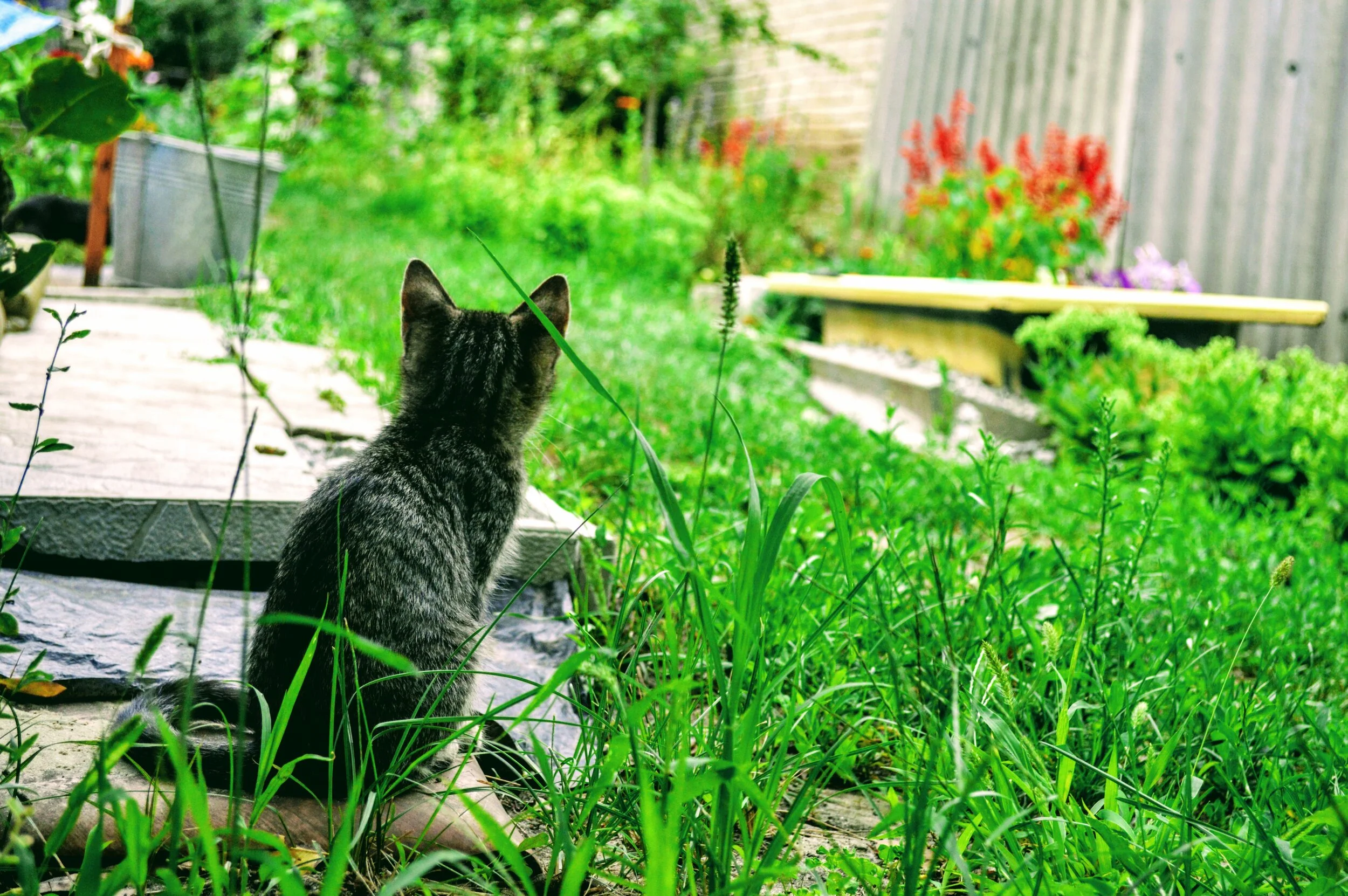As the weather warms up, snakes become more active and Australia is home to a number of venomous snakes. Snakes will normally go out of their way to avoid you and your pet. However, pets are curious by nature and their natural hunting instincts can get them into trouble if they try to play with, chase or kill a passing snake.
Over 6,000 pets are bitten by snakes in Australia each year, with brown snakes being the most common, followed by tiger snakes, then black snakes.
Snake bites should always be treated as an emergency situation so if you suspect your pet has been bitten by a snake, keep your pet as still as possible and seek immediate veterinary attention.
Eastern brown snake (Pseudonaja textilis)
Photo by David Cook on Flickr
What to do if you see a snake with your pet
If you see a snake near your pet, try to safely remove your dog or cat from the situation. Do not approach the snake and be careful not to stand in their escape path. If your pet won’t respond to your commands, you can try to spray your pet with a hose from the distance to break their attention and let the snake get away. Most snakes will actively avoid you given the chance. They will generally only strike if they feel threatened. If the snake is in your garden, contact your local snake catcher who can remove the snake and relocate it to a safer environment.
Don’t try to capture or kill the snake, all Australian snakes are protected and you may put yourself in danger. If you can remember what the snake looked like this can be helpful to your vet.
If you suspect your pet has been bitten, keep them as still as possible and take them to the nearest vet immediately. Don’t wait for the signs, as this can be too late.
How to tell if your pet has been bitten
Pets are usually bitten around the head, neck or front legs. The area around the bite area may swell rapidly or bleed, or in some cases it may be hard to find.
Some pets will appear fine after a snake bite, then go downhill rapidly. Others may collapse, then get up again and appear fine. However, the longer you wait before getting your pet to the vet, the lower its chance of survival.
Some pets come across a snake when you are not around, so if you suspect your pet has been bitten by a snake or they are showing any of the following signs, contact your vet immediately.
Some of the common signs your pet has been bitten by a snake include:
Sudden weakness, inability to stand
Collapse
Rapid, shallow breathing
Vomiting
Diarrhoea
Shaking
Difficulty blinking
Loss of bladder or bowel control
Blood in urine or vomit
Dilated pupils
What to do if your pet is bitten by a snake
“If you suspect your pet has been bitten by a snake, keep them as still as possible and take them to your nearest vet immediately”
Carry your pet into the car if possible and contact your vet to let them know you are on your way. They can offer further advice for the drive and get ready for your arrival.
Keep your vet’s emergency contact details and opening hours on hand. At Woofpurnay we are well equipped to treat snake bites. We also have an emergency on call service 24 hours, 7 days a week for emergencies such as this. Simply call us on 03 8784 4444.
How to reduce the risk of your pet being bitten by a snake
Make your backyard less inviting to snakes - keep your grass cut short and clear any rubbish or garden piles (ie. rocks, wood) that could offer a quiet, safe place for snakes to hide. It’s also a good idea to keep shoes inside.
Keep pets inside hot days – to protect them from danger but also keep them cool.
Keep dogs on a lead near bushland or water – especially in hotter months. Avoid tall grassy areas and don’t allow your pets to explore holes or dig under rocks. Keep an eye on your dog if they start barking or chasing something.
Keep your vet’s emergency details on hand – including opening hours and contact details. If your vet doesn’t offer an after hours service, its a good idea to research this in advance and have these details on hand too.
It is important to keep an eye on pets around possible snake areas and watch for the warning signs that your pet has been bitten. If you suspect your pet has been bitten by a snake, it is vital that you seek immediate veterinary attention.






